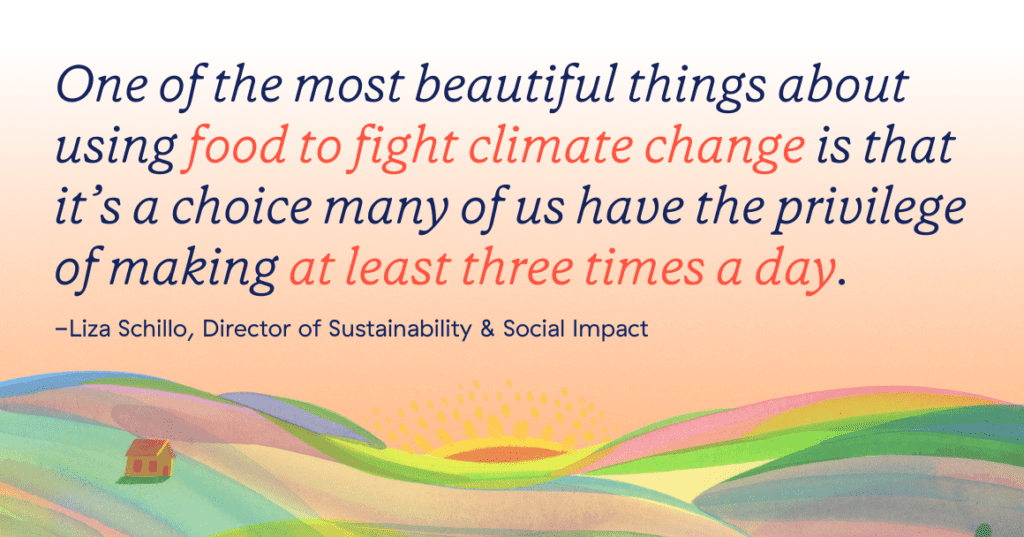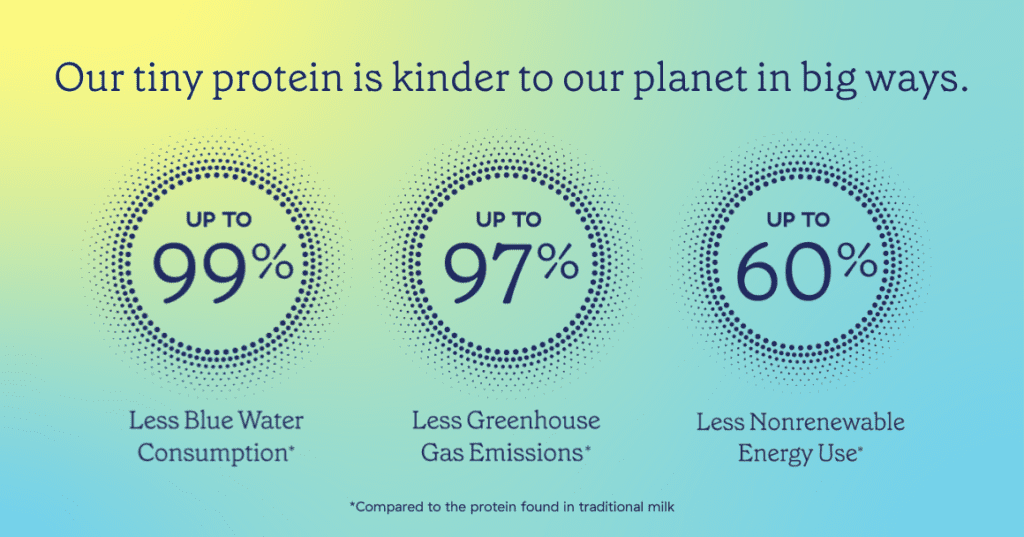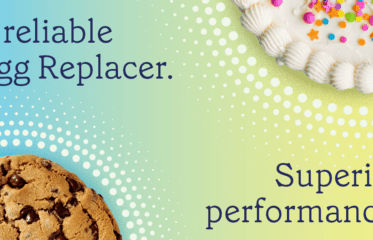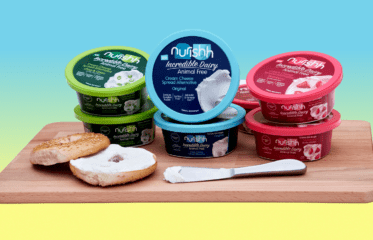Food – Our Secret Weapon for Fighting Climate Change

COP27 begins November 6, and for the first time, they will host a discussion around the link between food and climate change. And the timing couldn’t be more urgent: According to Project Drawdown, the top two solutions to a future in which we cap planetary warming at 2 degrees Celsius are the reduction of food waste and animal-based food consumption.
2022 has seen more public discussion around our diets as drivers of climate change than ever before. An incredible movement of alternative protein companies like Perfect Day have exploded onto the scene with solutions to complement and accelerate ongoing efforts by traditional animal agriculture. That includes lots of new research on our food-based carbon footprints. More data than ever is now available to help consumers make choices that are better for both humans and the planet. Impossible Foods’ website enables you to calculate the trees and water you preserve by choosing their meatless burgers over beef. WWF launched a country-based diet impact calculator earlier this month. At Perfect Day, we have conducted an LCA that estimates the positive impact of incorporating our fermentation-based whey protein into diets. (A quick side note about the term ‘carbon footprints’, we talk about our climate change impact in terms of carbon footprints because all greenhouse gases can be converted to a carbon dioxide equivalent, to make numbers easy to compare.)
Food to Fight Climate Change.
One of the most beautiful things about using food to fight climate change is that it’s a choice many of us have the privilege of making at least three times a day. At each meal, I get to choose between the more or less planet-friendly food item. If I host a cookout and buy 15 lbs of Impossible burger, I save the carbon emissions equal to driving a car over 500 miles, and almost 15 days of water supply for myself.1 If I buy ice cream for the cookout and it’s ten pints of Perfect Day’s Urgent Company Brave Robot ice cream, I avoid enough carbon emissions to equal about a gallon of gasoline2! If that seems small, remember these things add up. The average American eats 22 pounds of ice cream per year3(!)- if a family of four makes a minor change to their shopping habits by enjoying Brave Robot ice cream half the time, they would save the equivalent of a half-tank of gas each year!

How does what’s on my plate impact the climate?
But how does this happen? It may seem abstract to think about ice cream and gasoline as related, but it’s the best way we can think of to help consumers understand the significance of the positive impact you have when you choose a product that requires less energy (and typically, therefore, less carbon) than the conventional option.
Let’s look more closely at our non-animal whey protein as an example. As you may know, from previous posts and our LCA, our production process takes dairy protein out of the pasture and into a fermentation tank (if you’ve ever been to a beer brewery before, you’ve seen these tanks).
We make our protein using microflora. Microflora are found in nature, literally everywhere- from the surface of your skin to the leaves on the trees in the park. We have trained a certain species of microflora to produce our protein using genetic engineering (like an accelerated method of breeding). We mix up a nutritional bath for the microflora to grow in, and over a period of days or weeks, the nutritional bath ferments (think beer, yogurt, sourdough). The output is- instead of alcohol or dough- whey protein! We call this process precision fermentation.
There is an ongoing dialogue about the methane emissions that are a direct result of typical western diets—and a lot of exciting innovations happening around the food system as a result. California, the US’ largest milk-producing state and Perfect Day’s home, has implemented several programs to encourage methane reduction, including seaweed supplements and anaerobic digesters. Our microflora contribute to the food and climate change discussion by adding a dairy whey protein option to the menu that is 97% less greenhouse gas intensive than average!

Partnering with nature to use less and make more.
Let’s unpack what’s happening here from the climate perspective- when we use microflora for whey protein production, we take methane out of the picture. Methane is one of the most potent greenhouse gases- it’s over 25 times as intense as carbon dioxide4. Our microflora does not generate any meaningful amounts of methane. Where Perfect Day gets its carbon footprint is from reliance on electricity that we buy- which comes from the fossil fuel-dominant electrical grids of the EU and the US.
While the miracle of precision fermentation-based whey protein is a significant contribution to both diets and the fight against climate change, there is still a lot that we have to learn- about how best to use our protein with other ingredients, how to make our protein even more sustainably, and how to partner with traditional dairy programs for an outcome that’s ideal for both people and planet. That is why we are in regular contact with third-party LCA experts to ensure we understand the evolving nature of our protein, future products, and partnerships, in a rapidly growing industry that is focused on making food that is achieving both human and planetary health.
Together, we can make a better future a reality.
And now your call to action, a two-parter: First, identify a meal in which you can diversify your diet. That may look like a plate of vegetables or certified organic, pasture-raised eggs, a serving of Brave Robot ice cream, or a JuiceLand smoothie with Perfect Day’s animal-free whey protein in it! Second, share something you learned about food and climate change in this post with a friend. We will only get better together- stabilizing the climate takes all of us. One of Perfect Day’s core tenets is collaboration, and as we continue to innovate into the future, we depend completely on our customers, product partners, and curious readers to support this work, ask good questions, and champion your own causes for a kinder, greener tomorrow.
We’d love to hear your thoughts!
Your email address will not be shared.


